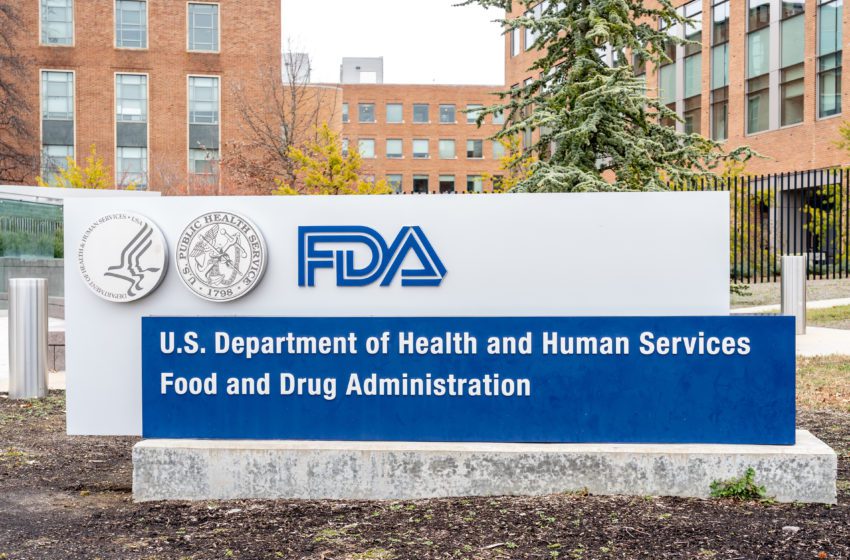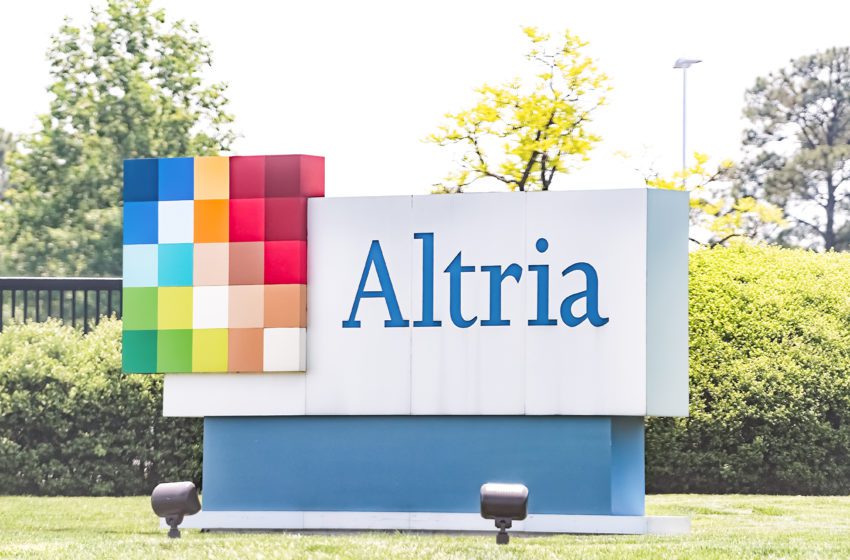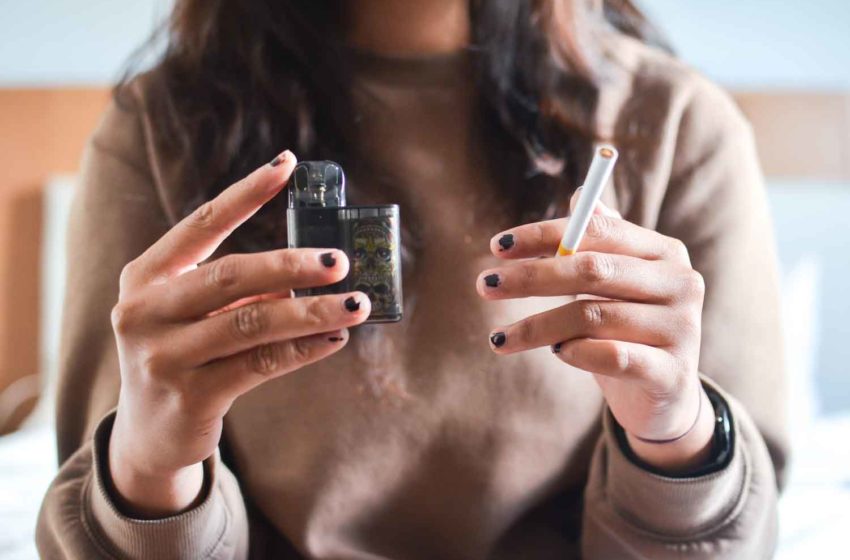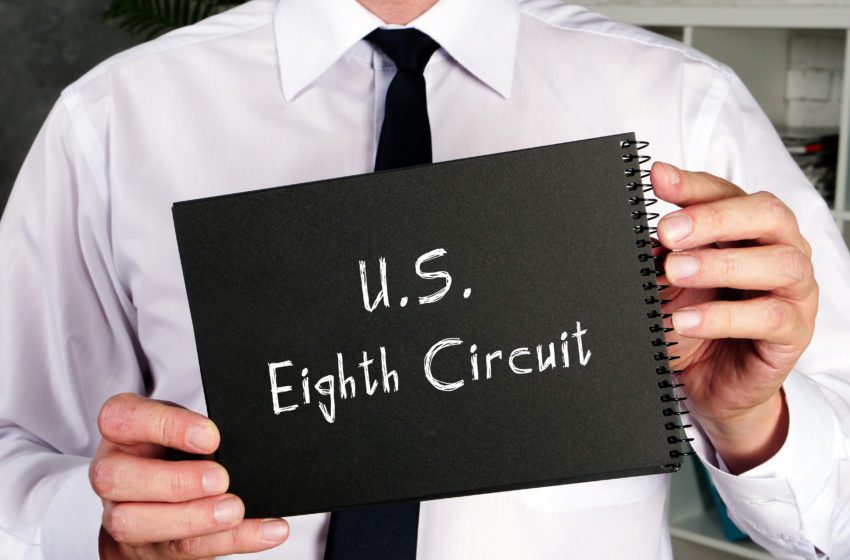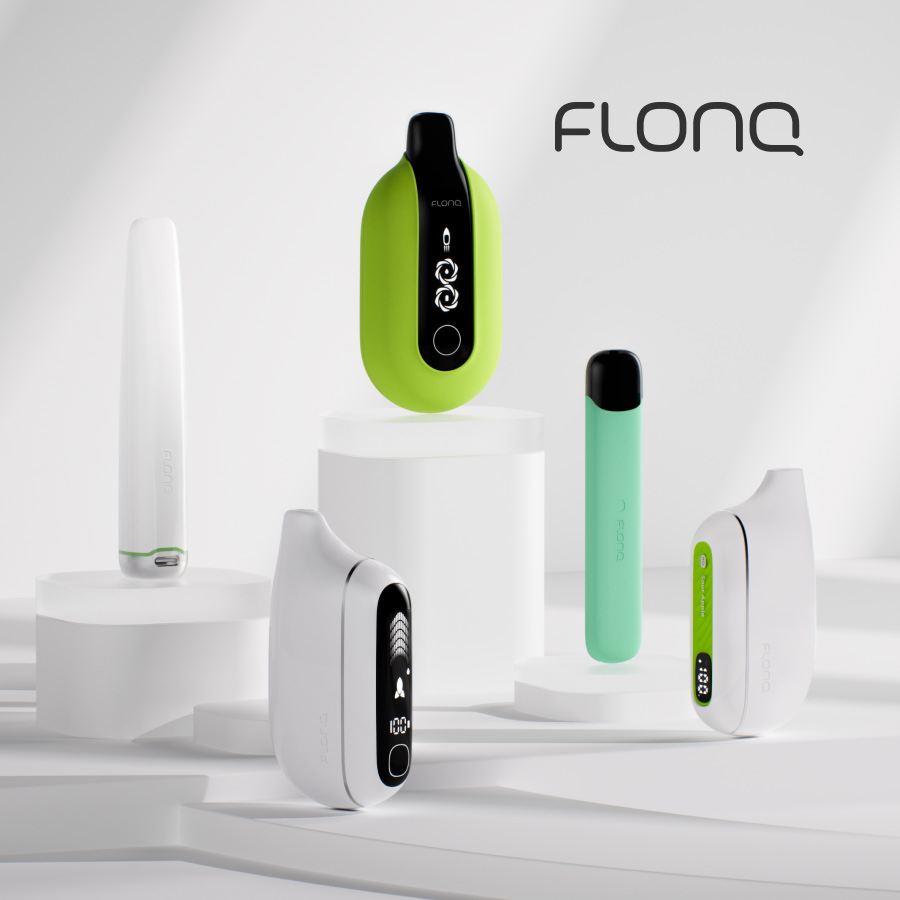The technology aims to prevent youth access while expanding adult market access to flavored products.Read More
Search Results for: PMTA
CTP Director Brian King has authorized only four vaping devices as alternatives to cigarettes.Read More
The regulatory agency is still re-examining Juul’s marketing authorization application Read More
The U.S. Supreme Court is due to hear the case in its next term, which begins in October.Read More
The upgraded device verifies users’ ages through a third-party vendor.Read More
The pouches are seamless and larger than leading U.S. tobacco-derived nicotine brands, according to the firm. Read More
The company also re-submitted PMTAs for its blueberry- and watermelon-flavored pod products.Read More
Legislatures should advance harm reduction through a competitive marketplace instead, says CCC.Read More
Altria set to Submit PMTA for Flavored Njoy Products
The company said it plans to employ Bluetooth technology to prevent underage use of flavored vapes.Read More
The question of whether the FDA acted fairly has already created a split among federal appeals courts.Read More




